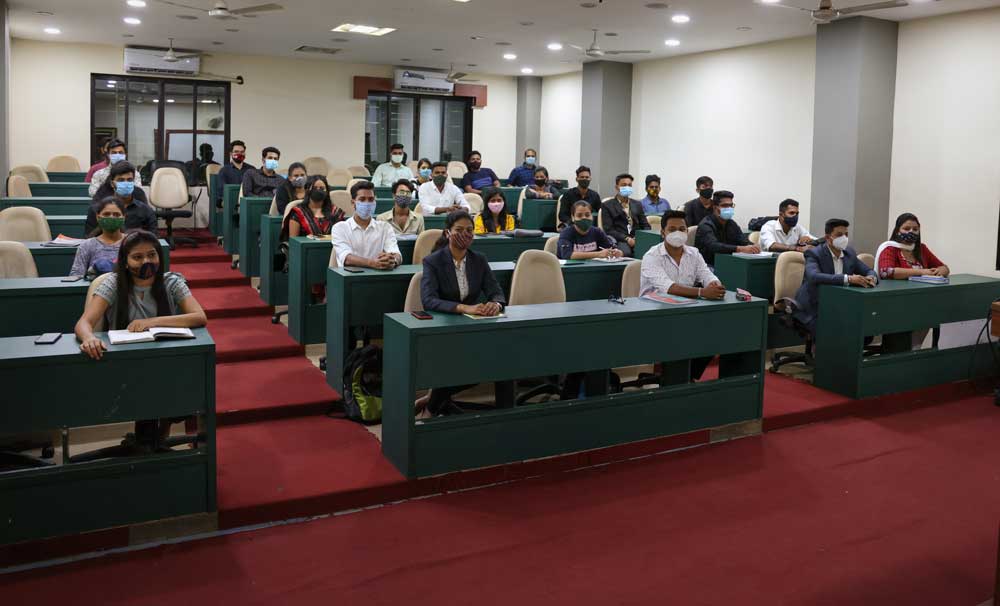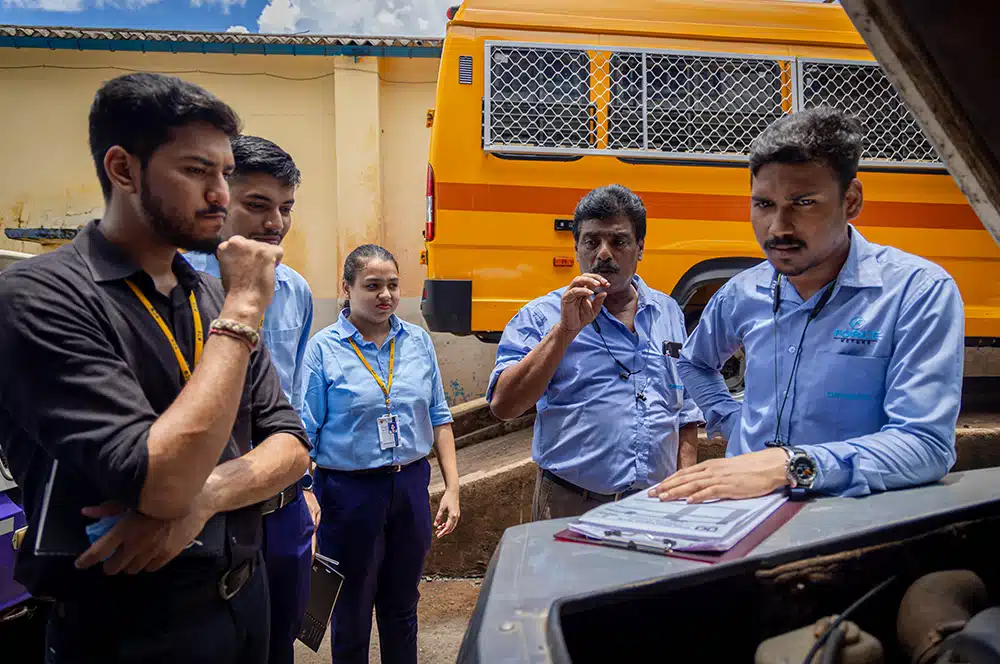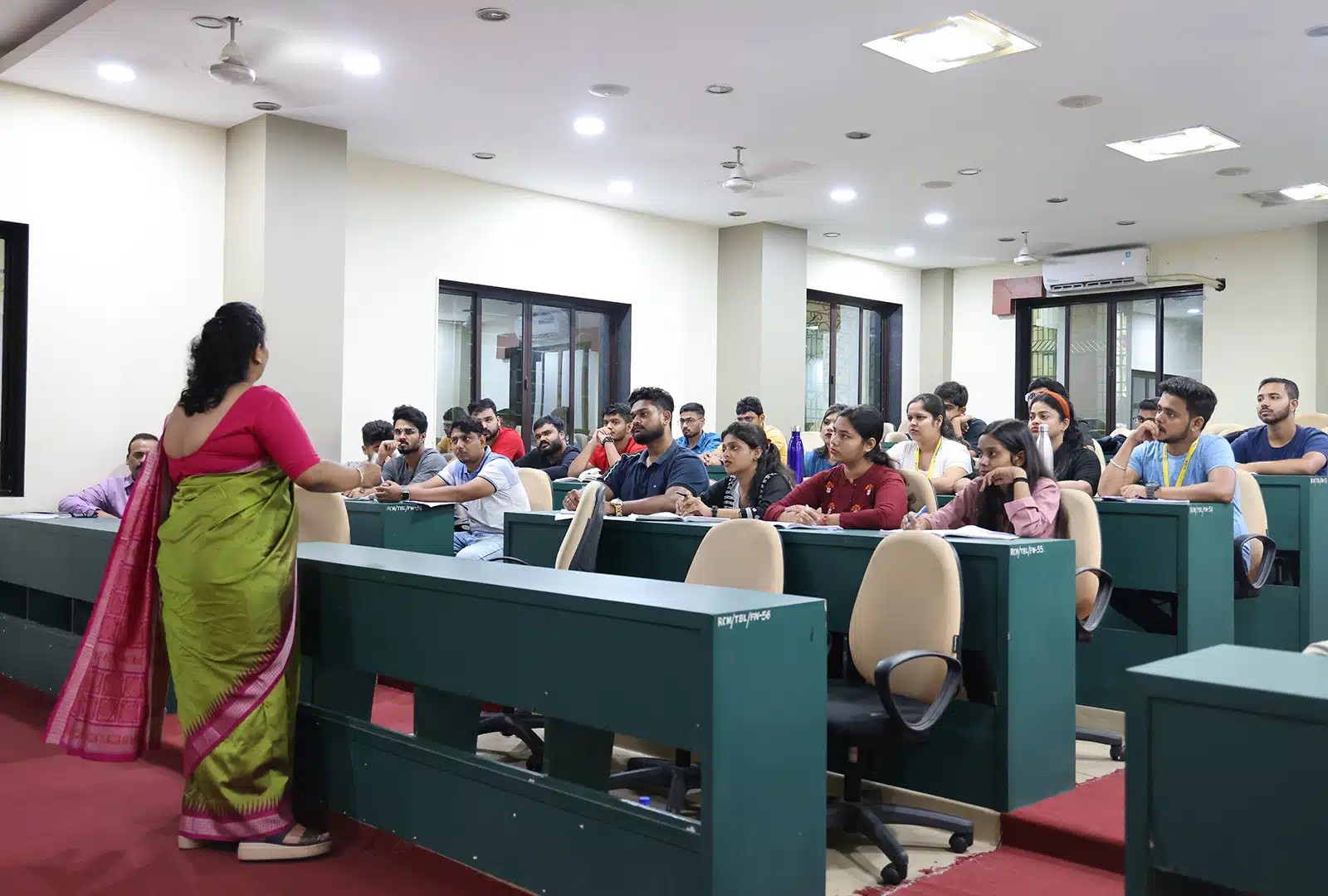Passion for Innovation and Excellence
Teaching Pedagogy
Home ► RCM Insights ► Ecosystem @ RCM ► Teaching Pedagogy
Pedagogy
The teaching Pedagogy in RCM illustrates teaching methods for both academic and theoretical aspects.
These Effective pedagogies combine a variety of teaching techniques, such as:
- A comprehensive guide for teachers
- Evaluation practice
- Individual pursuits
- Activities for the entire class,
These pedagogies help students improve their higher-order thinking and cognitive abilities. RCM provides management education through a thoughtfully balanced mix of teaching pedagogy. Faculty members work hard to make classes interactive so that students can connect theories to real-world examples for a better understanding.


Case Supplement
- Lectures supplemented by case studies are carried out in all the courses to enhance the students’ analytical, problem-solving, and decision-making skills.
- This facilitates experiential learning among the students as they face real business issues, apply their classroom knowledge, and strengthen their business acumen.
Team Activities
Students are typically given the opportunity to work in teams, where they learn to collaborate and adapt to a diverse workforce while completing assigned tasks. Furthermore, students are taught various managerial and networking skills.
Throughout the semester, students also complete project(s) in each course. Students are expected to conduct research and analysis on the most recent industry developments, as well as incorporate theoretical concepts and understand and propose innovative solutions to business challenges.
Experiential learning
“Experiential learning is an ideology and methodological approach in which teachers purposefully engage students in firsthand knowledge and concentrate reflection in order to increase knowledge, develop skills, and influence policy choices.”
Students engage in experiential learning through diverse projects completed as part of various courses and internships. These activities at RCM improve their quality of education.
Continuous Evaluation
Students are evaluated on a variety of parameters on a regular basis to assess their progress throughout the semester. This evaluation process includes class participation, short quizzes, announced tests, assignments, projects, and so on.
It emphasises two objectives: continuity of evaluation and holistic assessment of learning outcomes. It addresses all aspects of learning, including the cognitive, affective, and socio-emotional domains. It views evaluation as a process of growth.


Guest Lecture
Students at RCM regularly interact with prominent industry visitors. These university-level visitors with vast experience and unparalleled expertise come from a variety of nations and industries. The Department of Management arranges for high-ranking industry personnel to visit the campus on a regular basis. This ensures that the students are up to date on the latest industry developments, preparing them for their future endeavours.
Guest lectures are an incredibly valuable means of communication for providing exceptional knowledge to students. They also add variety to the classroom atmosphere, and RCM places a high value on them. Guest lecturers are people from the “professional world” who come into the classroom to make lectures more interesting.
The significance of the guest lecture:
- Real-Life World Exposure
- Expert Professional
- Students have the opportunity to speak with accomplished people.
- Student motivation
- A more defined career path








